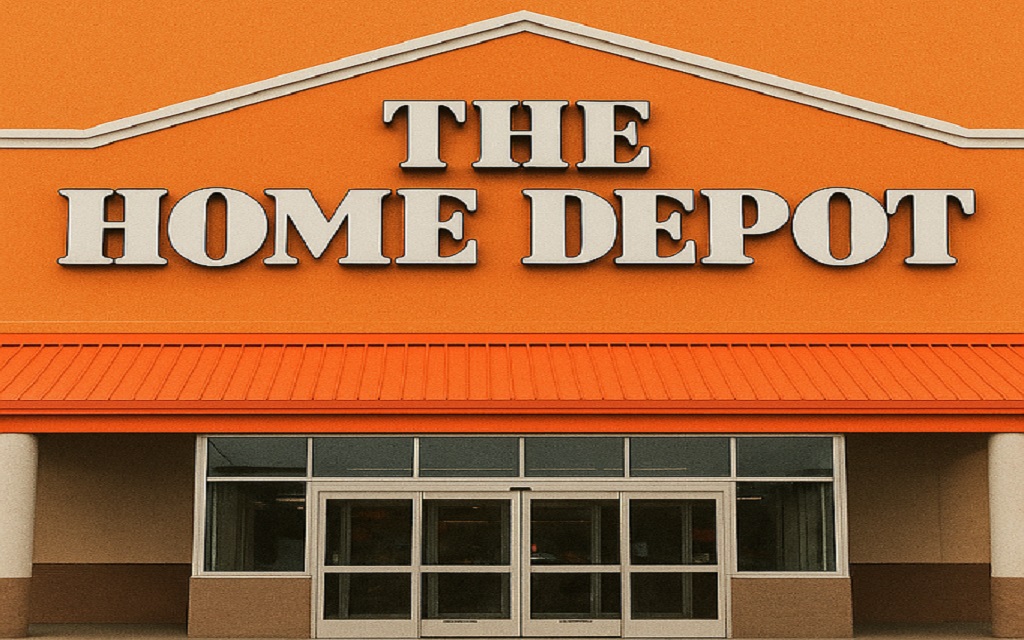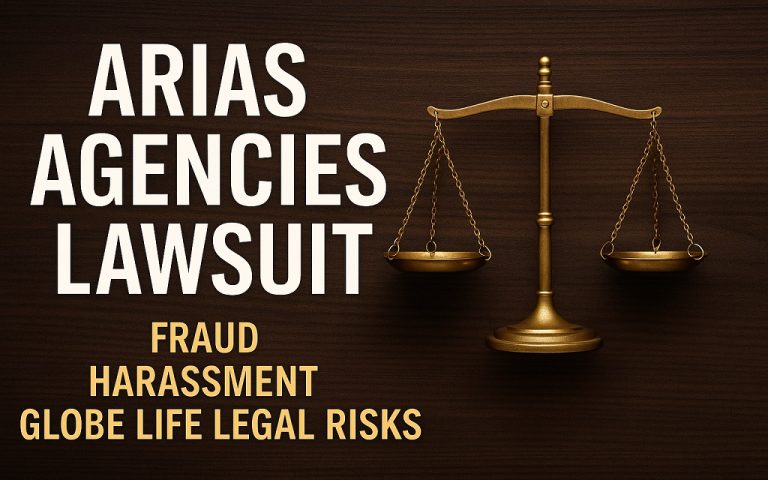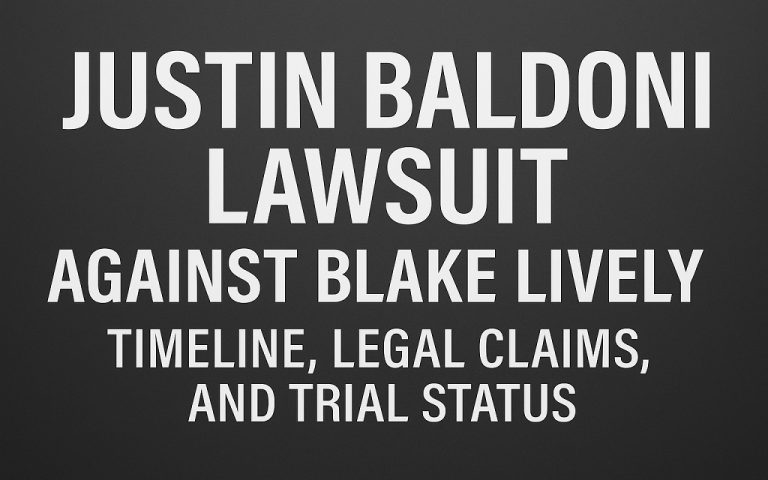You should know that the Home Depot Class Action Lawsuit is one of the most significant privacy cases in Canada. Customers claim that Home Depot shared private purchase data with Meta without proper consent. Compensation for Canadians who requested electronic receipts between 2018 and 2022 is sought in the Home Depot Class Action Lawsuit.
Legal professionals caution that the Home Depot class action case may set new national standards for corporate responsibility and privacy rights. You might be qualified to participate if you made purchases at Home Depot within the impacted time frame. As this historic case progresses, it may alter data-protection standards for years to come, so be aware of your legal rights and follow the most recent developments.
What Is the Home Depot Class Action Lawsuit?
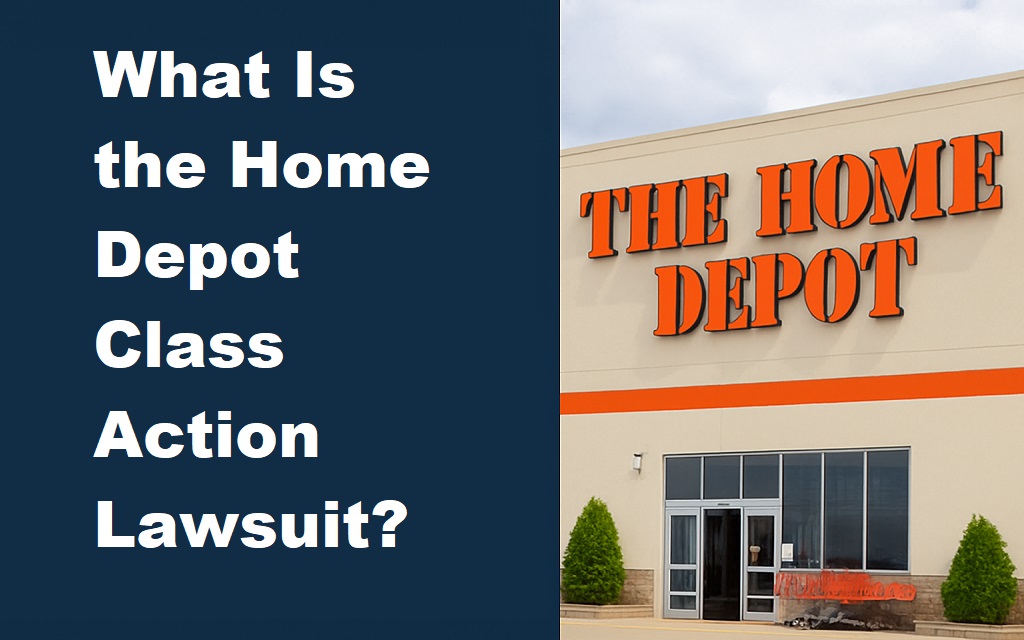
You should know that a significant class action lawsuit is underway against Home Depot in Canada. According to the lawsuit, Home Depot improperly gave Meta access to confidential consumer information. The affected customers were those who requested electronic receipts between May 2018 and October 2022. Purchase categories, transaction amounts, and hashed email addresses were among the data. The case may redefine privacy safeguards under Canadian law, according to legal experts.
How Did the Data Sharing Occur?
It is essential to know how Home Depot allegedly shared the data. Reports show that Home Depot used Meta’s offline conversions tool. The tool connects in-store sales to online ads. When you provided an email for an e-receipt, Home Depot sent hashed details of that email to Meta. Along with the email, the data also contained your purchase amount and product type. According to the Office of the Privacy Commissioner (OPC), more than 12 million transactions were affected during the four years. This information helped Meta track ad effectiveness without your explicit consent.
Who Filed the Lawsuit?
Merchant Law Group LLP filed the lawsuit. Hvitved is the principal plaintiff. Hvitved v. Home Depot of Canada Inc. is the name of the case. In early 2025, the action was certified by the British Columbia Supreme Court under the Class Proceedings Act. The lawsuit seeks to represent all Canadians who requested electronic receipts during the stated period. Merchant Law Group has experience in large-scale privacy actions, giving the case significant legal weight.
Why Does This Case Matter to You?
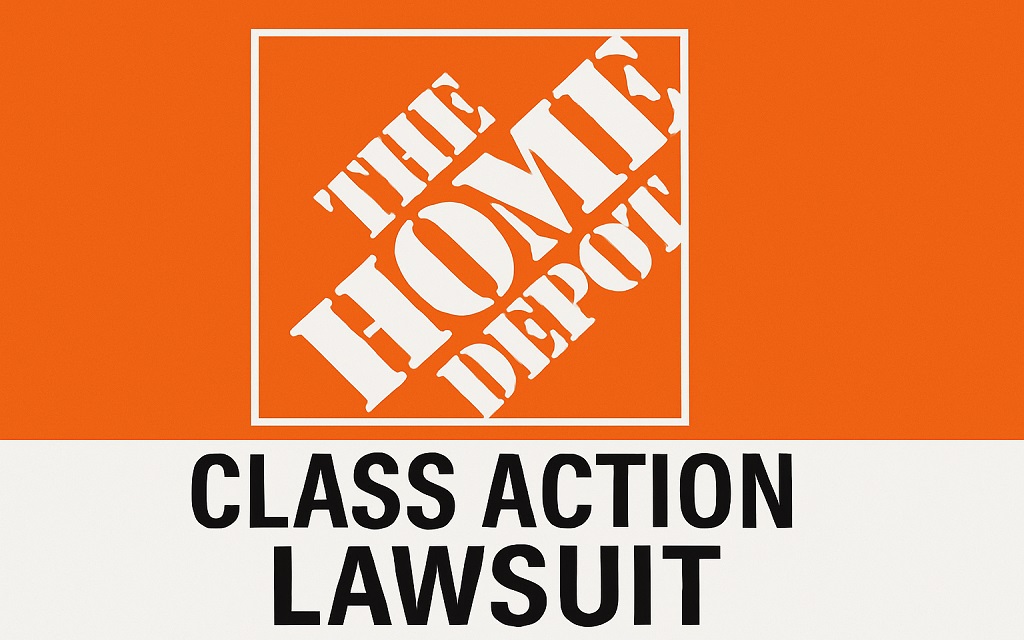
You should understand the importance of this lawsuit. Personal data has value. Companies must protect it and obtain your explicit consent before sharing it. The OPC investigation found that Home Depot failed to meet privacy standards under PIPEDA. Shared hashed emails can still be linked to individuals. According to privacy experts, hashed identifiers combined with purchase data can reveal detailed consumer profiles. Meta allegedly used the information to refine targeted advertising. You were not informed of this practice, raising major consumer rights issues.
What Are the Allegations Against Home Depot?
The plaintiffs claim that Home Depot:
- Breached privacy laws under PIPEDA
- Failed to secure valid customer consent
- Shared personal information without authorization
- Used misleading privacy disclosures that violated consumer protection standards
Compensation and an order to prevent improper data sharing are sought in the complaint. According to experts, systemic privacy failures may also warrant punitive damages.
How Did Regulators React?
The OPC released a report in January 2023. The investigation confirmed that Home Depot transmitted data to Meta without proper consent. The OPC recommended stronger privacy controls and mandated changes to consent collection methods. Home Depot has since halted use of the offline conversions tool. However, the lawsuit continues to seek legal remedies for affected customers. Legal analysts note that regulatory findings strengthen the plaintiffs’ case significantly.
How Does the Meta Tool Work?
Meta’s offline conversions tool matches store purchases to online ads. Businesses upload hashed identifiers, such as email addresses. Meta compares the data to Facebook profiles to measure ad performance. In Home Depot’s case, you were not told that your data was used in this way. The tool collected information about transaction timing, product categories, and purchase amounts. Privacy advocates argue that this creates invisible tracking that breaches informed consent requirements.
What Evidence Supports the Claims?
Evidence includes findings from the OPC, transaction records, and data flow documentation. Witness statements from affected customers also strengthen the case. Internal communications between Home Depot and Meta may also provide proof of privacy violations. According to experts, class action claims may be strengthened by audit trails and metadata records that demonstrate repeated instances of improper sharing.
Must Read: Homeaglow Lawsuit: Worker Misclassification, Legal Claims, and Class Action Updates
What Kind of Compensation Would You Get?
Experts believe that damages could include monetary awards for each customer. Privacy lawsuits in Canada have paid out hundreds to thousands of dollars per claimant. Class actions like the recent Bell privacy case resulted in payouts of up to CAD 2,000 per individual. A settlement may also cover legal costs and require Home Depot to change data practices. Consumer rights groups estimate that total damages could exceed CAD 100 million if all affected customers join the action.
How Many People Are Part of the Class?
The class includes every Canadian customer who asked for e-receipts between May 2018 and October 2022. The exact number is unknown, but could be in the hundreds of thousands. Based on transaction data, legal experts project that at least 500,000 Canadians could qualify for compensation. The lawsuit spans all provinces and territories, making it one of the most significant privacy actions in Canada.
How Could This Affect Home Depot?
The lawsuit may damage Home Depot’s reputation and lead to significant financial payouts. Courts may order strict compliance measures and mandatory external privacy audits. Retailers across Canada are watching closely. Privacy protection will likely become a top priority in future retail operations. Stock analysts warn that protracted litigation could also impact Home Depot’s market value in Canada.
What Are the Legal Implications?
You should note that this case highlights the importance of privacy compliance. Courts may set new standards for data-sharing consent under PIPEDA. Future class actions may reference this lawsuit as a precedent.
Large corporations like Facebook and Google have been the focus of similar lawsuits for using data without authorization. According to experts, this case may lead to more extensive changes in consumer data protection and digital advertising.
How Do You Get Into the Lawsuit?
You should visit Merchant Law Group’s official site to register. Save documents, such as emails or receipts, that attest to your purchases throughout the relevant period. Keep up with legal news sources’ developments. Examining Home Depot’s privacy rules can also help you comprehend how they have changed since the litigation started. To make sure you don’t miss registration deadlines, legal professionals advise taking immediate action.
What Is the Timeline of Events?
| Date / Period | Event Description |
|---|---|
| May 2018 | Data-sharing allegedly began |
| October 2022 | Practice reportedly ended |
| January 2023 | OPC released the investigation findings |
| 2023 | Class action filed |
| January 2025 | Lawsuit certified by B.C. Supreme Court |
| 2025–2026 | Discovery phase and potential settlement talks |
Depending on how settlement talks turn out and how the trial is scheduled, legal experts estimate the case might take up to three years to resolve.
Will the Case Settle?
Home Depot may negotiate a settlement. Many class actions resolve before trial. A settlement could provide compensation and enforce stricter privacy controls. In Canada, prior privacy settlements indicate a high probability of an out-of-court settlement. The matter will go to complete trial proceedings if negotiations are unsuccessful, which might prolong the litigation for several years.
Why Should You Keep Up with This Lawsuit’s Updates?
Being knowledgeable aids in safeguarding your data rights. If your information was disclosed without your consent, knowing about the case empowers you to take appropriate action. You can stay informed about big retailers’ privacy improvements and compensation opportunities by keeping up with developments. The public’s attention will force companies to handle personal data responsibly, according to privacy campaigners.
Conclusion
One of the most significant privacy cases is the Home Depot class action lawsuit. Since the Home Depot Class Action Lawsuit is still influencing Canadian privacy law, you should keep up with it. It calls into question how merchants manage customer information.
This case underscores the need to protect private data and hold companies accountable for unauthorized disclosures. Legal experts believe the Home Depot class action could result in significant settlements and stricter privacy rules for retailers nationwide.
If you emailed Home Depot to request receipts between 2018 and 2022, you should consider filing a compensation claim. Staying informed helps you protect your rights and act quickly against future data breaches.
FAQs
How many people do you need for a class action lawsuit in Canada?
You only need one representative plaintiff to start a class action in Canada. The court must certify the case as suitable for a class action.
What are the Home Depot allegations?
Home Depot is accused of data breaches and privacy violations affecting millions of customers. Lawsuits claim it failed to safeguard personal information appropriately.
Can I join a class action lawsuit in Canada?
Yes, you’re automatically included if you meet the class definition. In some provinces, you may need to opt in.
How much does a lawsuit cost in Canada?
Lawsuit costs vary widely, from $10,000 to over $100,000 for individual cases. Class actions are usually contingency-based, so plaintiffs rarely pay upfront.
Who benefits most from a class action lawsuit?
Class members may receive compensation, but lawyers often collect the most significant share through contingency fees. Lead plaintiffs can also receive additional awards.
Who pays for a class action lawsuit in Canada?
Lawyers typically work on contingency, meaning they’re paid only if the case wins. Defendants cover legal fees and damages when plaintiffs succeed.
Disclaimer: This article provides a general overview of the Home Depot Class Action lawsuit, based on publicly available information, and is intended for informational purposes only. It is not legal advice.
Musarat Bano is a content writer for JudicialOcean.com who covers lawsuits, legal news, and general legal topics. Her work focuses on research-based, informational content developed from publicly available sources and is intended to support public awareness. She does not provide legal advice or professional legal services.

